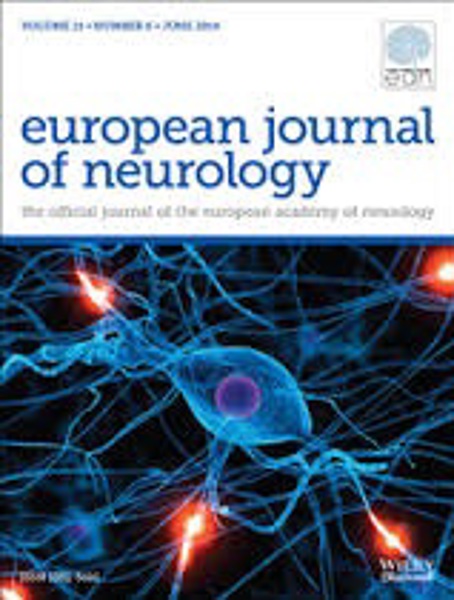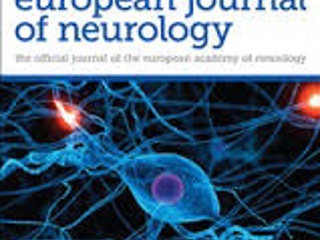1st Congress of the European Academy of Neurology, Berlin, Germany, June 2015
Название: Therapeutic craniocerebral hypothermia in management of acute ischemic stroke patients
Авторы: I.A.Sharinova, O.A.Shevelev, V.I.Shmirev, M.V.Tardov, I.E.Kalenova, N.I.Litvinov
Доложено: на конгрессе
Опубликовано: European Journal of Neurology, Special Issue: Abstracts of the 1st Congress of the European Academy of Neurology (страница 574 постер F1193), Berlin, Germany, June 2015
I. Sharinova 1, O. Shevelev2, V. Shmirev3, M. Tardov4, I. Kalenova5, N. Litvinov5
1 Moscow, Russian Federation,
2 Peoples` Friendship University of Russia, Pathophysiology, Moscow, Russian Federation,
3 Scientific Medical Centre of Presidential Administrative Department, Neurology, Moscow, Russian Federation,
4 Moscow Otolaryngological Centre, Ultrasound Laboratory, Moscow, Russian Federation,
5 Presidential Hospital No.1, Stroke Unit, Moscow, Russian Federation.
Background and aims: Craniocerebral hypothermia (CCH) is the mild therapeutic hypothermia variant with primary brain cooling. Specific features of CCH is the possibility to use this method without any sedation of patients. We study the impact of therapeutic CCH on neurological status, cerebral blood flow, hemodynamic parameters and body temperature. Methods: This prospective study conducted in patients admitted to stroke unit between January 2012 and December 2014. Including criteria was acute ischemic stroke first 72 hours. Excluding criteria was bradycardia. We used the therapeutic hypothermia helmet device for CCH induction. The ultrasound Doppler analyzer used for recording of the cerebral blood flow velocity. Neurological status (NIHSS), hemodynamic parameters, and tympanic temperature were studied before and after CCH. Results: The total number of patients ware 115 stroke patients. 85 patients (mean age 68±12.2, men 41, women 27) consists therapeutic hypothermia group; control group included 30 similar patients (mean age 68.8±12.3, men 13, women 17). Neurological deficit degree decreased in CCH group (35.2%). There was not any significant difference in neurological status of control group patients. MCA mean blood flow velocity increased in hypothermia group (61%). Tympanic temperature significantly declined from 37.1±0.72°C to 34.6±0.8°C. Hemodynamic parameters did not statistically differ in hypothermia and control group. We calculate decrease of the mortality in CCH patients. Conclusion: Craniocerebral hypothermia promotes regression of the neurological deficit, increasing of the cerebral blood flow velocity. Hemodynamic parameters remained stable during all craniocerebral hypothermia procedure. Disclosure: Nothing to disclose
13 октября 2015 г.
Ещё больше полезной информации на нашем Телеграм-канале



